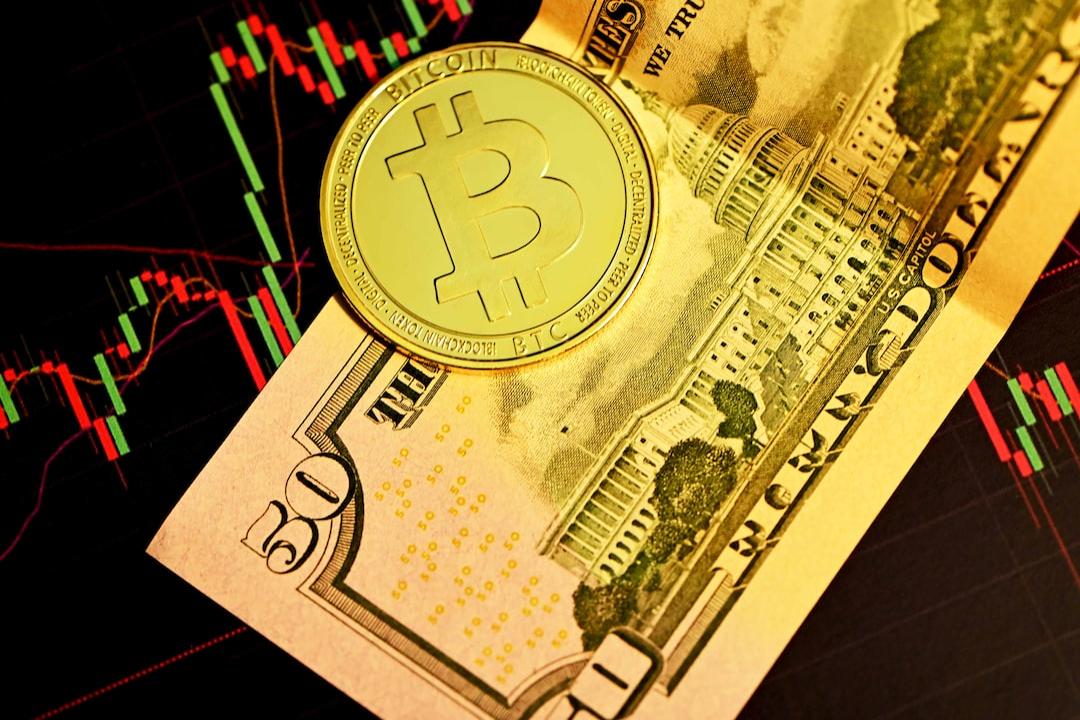Seychelles-based exchange OKX, which has been in operation since 2017, pleaded guilty on Monday to running an unlicensed money transmitting business in the United States. The exchange has agreed to pay over $504 million in penalties, making it the largest enforcement action against an offshore crypto exchange since Binance’s historic settlement last year.
Judge Katherine Polk Failla had OKX admit to knowingly violating anti-money laundering (AML) laws and allowing over $5 billion in criminal transactions to pass through its platform, according to a statement from the Department of Justice (DOJ).
The plea deal, announced by Acting US Attorney Matthew Podolsky and FBI Assistant Director James Dennehy, confirms that OKX processed over $1 trillion in transactions from US users while disregarding federal regulations for several years.
Between 2018 and early 2024, OKX actively recruited US users, including large institutional traders, which generated hundreds of millions in trading fees. OKX was legally required to register as a Money Services Business (MSB) with the Financial Crimes Enforcement Network (FinCEN), which would have obliged it to comply with AML rules, report suspicious transactions, and verify customer identities. However, the DOJ stated that OKX chose not to do so, turning its platform into a hub for illicit finance.
“For over seven years, OKX knowingly violated anti-money laundering laws and avoided implementing required policies to prevent criminals from abusing our financial system,” Podolsky said in a statement. “As a result, OKX was used to facilitate over five billion dollars’ worth of suspicious transactions and criminal proceeds.”
The FBI’s Dennehy described OKX’s actions as deliberate: “For years, OKX flagrantly violated US law, actively seeking customers in the United States—including here in New York—and even going so far as to advise individuals to provide false information to circumvent requisite procedures.”
Despite purportedly banning US IP addresses, OKX executives were aware that users were circumventing the system using virtual private networks (VPNs) and took no action, according to the DOJ.
Court documents also alleged that OKX staff assisted US customers in evading compliance checks. Some employees openly advised traders on how to falsify their identity and bypass Know-Your-Customer (KYC) restrictions.
OKX is also accused of failing to verify submitted documents, allowing anyone to open an account with completely false information. Federal prosecutors claim that until late 2022, OKX permitted users to trade, deposit, and withdraw funds without completing any KYC process.
The Bank Secrecy Act requires financial institutions linked to the US to monitor transactions, report suspicious activity, and prevent illegal money movement. OKX failed to fulfill these obligations. Until May 2023, the exchange did not utilize standard monitoring tools to track transactions for money laundering or sanctions violations, making it an attractive destination for illicit finance.
Government investigators analyzed third-party transaction data and found that OKX enabled over $5 billion in suspicious and illegal transactions.
At the same time, OKX continued to expand its presence in the US by sponsoring events like the Tribeca Film Festival and hiring American affiliate marketers to promote the exchange. OKX users were even offered rewards for recruiting new customers, further contributing to the platform’s illegal growth in the country.
As part of the plea deal, OKX is required to retain an independent compliance monitor until February 2027 to ensure adherence to proper KYC and AML rules. Podolsky stated that the penalties send a clear message: “Today’s guilty plea and penalties emphasize that there will be consequences for financial institutions that avail themselves of US markets but violate the law by allowing criminal activity to continue.”
OKX received a 25% reduction in its fine for cooperating with authorities late in the investigation, but this does not absolve the exchange of seven years of illegal activity.

